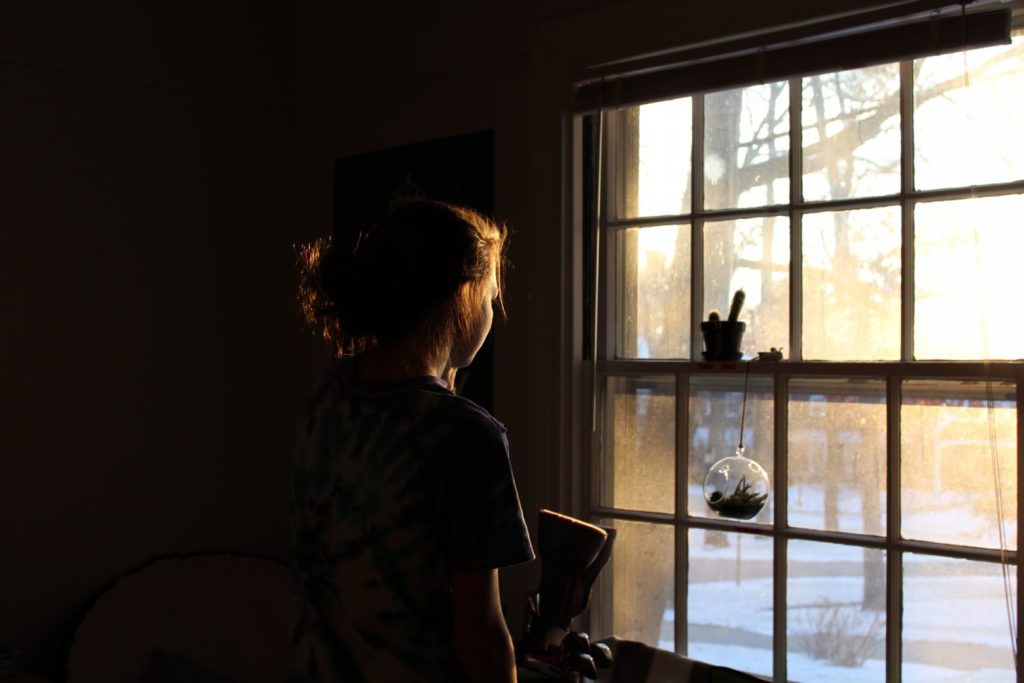Featured on UnisonFund.ca – Written By: Kathryn Hummel

As winter brings us shorter, gloomier days, many people begin to experience a shift in their mood.
Seasonal affective disorder (SAD) is a common condition affecting people who live in countries far from the equator. Changing of the seasons can have an effect on everyone, but can also be more extreme for others. As SAD is a type of depression that can affect Canadians for approximately 40% of the year.
Symptoms of Seasonal Affective Disorder can be debilitating, and affect people differently.
Symptoms can include, but are not limited to:
- Most feel onset of symptoms early fall October/November and generally feel relief into the springtime April or May (if you are feeling longer periods of depression – please consider consulting a professional to finds the best tools for you)
- Feeling tired all the time, even after a goodnight rest
- Anxious feelings
- Lack of self worth
- Moody
- Brain fog
- Eat more or crave carbohydrates and sugar
- Heightened emotions
- Lack of interest in activities that once provided pleasure
- Suicidal tendencies
Reduced sunlight may be the cause of these drastic symptoms. According to Medical News Today, “seasonal changes in sunlight affect the circadian rhythms that regulate a person’s sense of time. Some people consider this to be their ‘internal biological clock,’ and disruption to the circadian rhythm can significantly disrupt mood.”
But there are some things you can do to alleviate symptoms you may be experiencing with SAD.
Here’s some options to consider:
- Get outside – fresh air even in gloomier months, still do a body good and even better on the sunnier days. Stop and make some time to let the sun shine on your face
- Make sure to incorporate physical activity into your routine – as this will help reduce stress, build energy and improve your health and wellbeing
- Open your curtains – let natural light in
- Be mindful of what you’re eating and drinking – make sure you’re paying attention to what is local/in season and consist of whole foods
- Light Therapy – Various types of light devices are available and can be used at home.
- Consider talking to your family doctor about Antidepressant medicines
- Consider accessing Counselling services
Work in the music industry? 🎶 Need someone to talk to, Unison Benevolent Fund is here to help. For immediate assistance call toll free
1-855-9UNISON (1-855-986-4766) OR check out https://unisonfund.ca/services/counselling-health-solutions for more info.
Disclaimer – Please note that information from this site should never be used as a substitute for direct medical advice from your doctor or other qualified clinician



